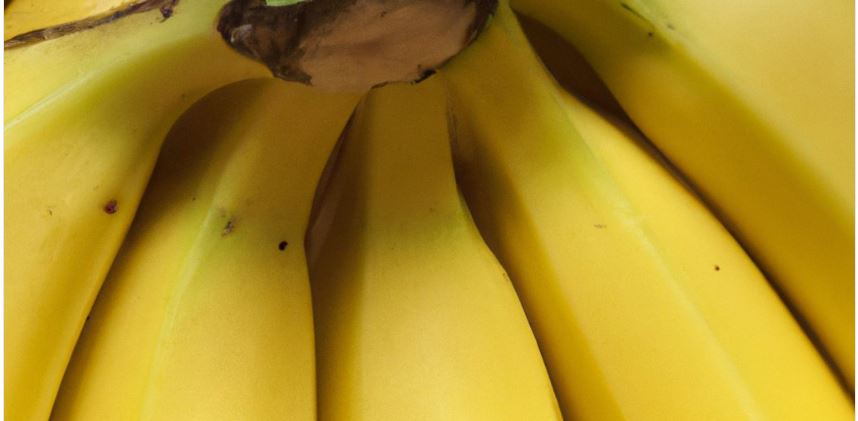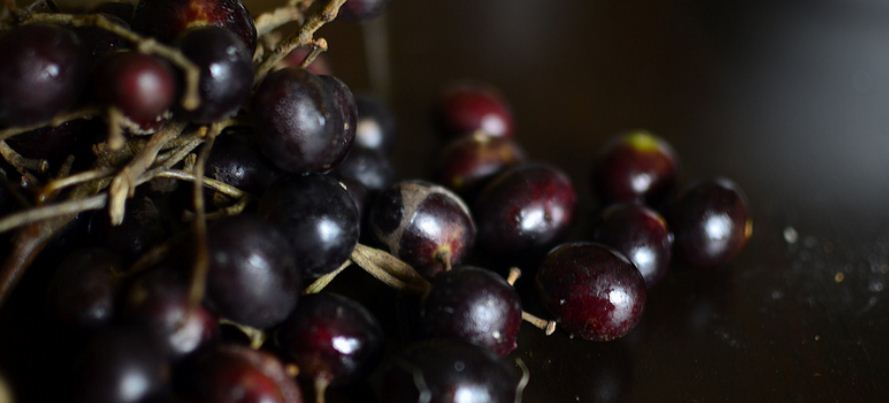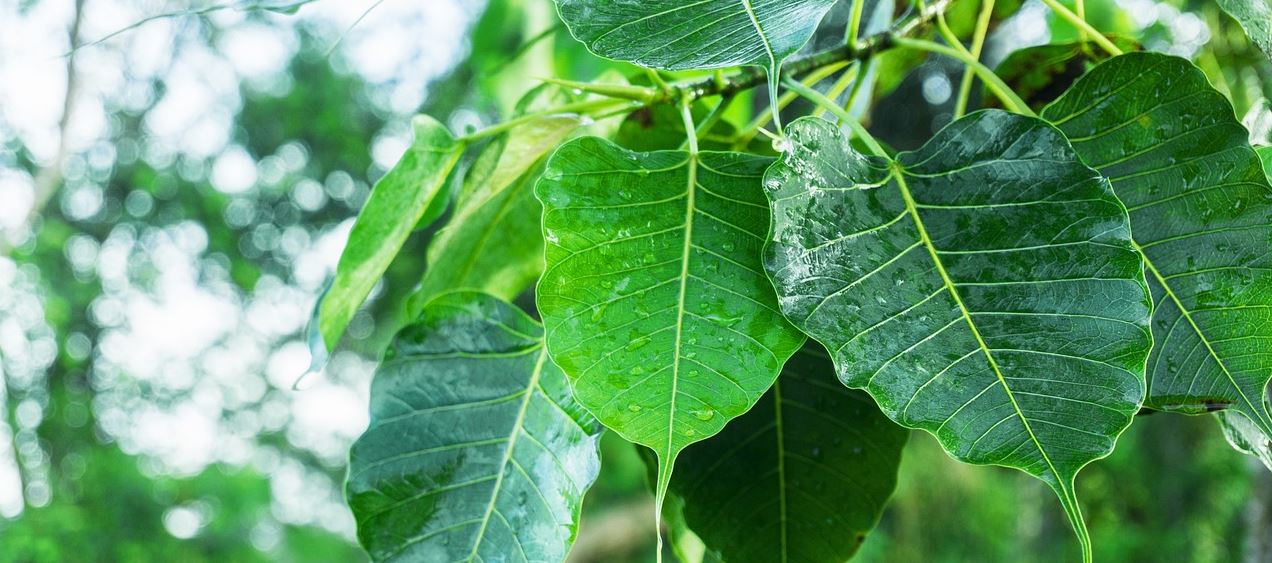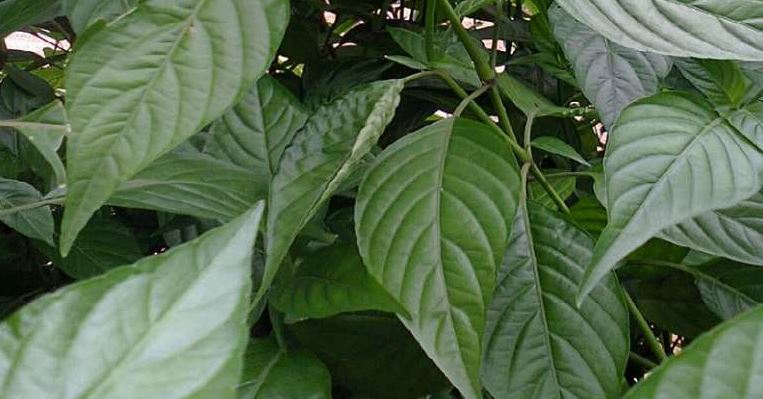About Banana and Its Health Benefits

You probably see bananas every day. They’re that bright yellow, sweet, and portable fruit that is more than just a snack. One solution that works for me at any time of the day is a banana.
It's a great snack, filling and packed with the nutrients your body needs. I’ve sorted through good information to give you six banana health benefits anyone can get anywhere. Plus, I’ll share simple ways to add them to your meals. Let us see what makes bananas a small fruit with a significant impact!
Why Bananas Are Special
You can find bananas worldwide, from South America and West Africa to Southeast Asia. These easy-to-eat fruits are the go-to food for millions. A medium banana (about 118 grams) offers vitamins, minerals, and energy.
Furthermore, it’s handy to carry. I’ve kept it simple and accurate based on a reliable source for these six benefits. Bananas can be utilized for heart health or better digestion; thus, banana nutrition has diverse benefits. Let’s review these benefits together and see how they can help you.
6 best health benefits of bananas.
1. Boosts Energy Fast
Need a pick-me-up? Bananas are your friend. A medium-sized banana contains about 27 grams of carbohydrates, essentially simple sugars like glucose and fructose, which the source says provide you with quick energy.
Furthermore, bananas contain vitamin B6 (26% of the recommended daily Intake), which helps convert carbohydrates into energy that the body can easily use. Bananas will keep you going without weighing you down, whether you're heading to school or hitting the gym.
How It Works
The sugars enter your blood fast, causing a quick high, while B6 keeps your energy from crashing by breaking down food. It’s a natural boost—no jitters like coffee.
How to Eat Bananas for Energy
Peel and eat it plain before a busy morning.
Whip it through milk and a spoonful of peanut butter for an energy booster.
2. Supports Heart Health
Your heart’s a hard worker, and bananas help it out. They’re loaded with potassium—422 milligrams per average-sized fruit, or 12% of your daily need—which the source says keeps blood pressure steady. Potassium also keeps sodium in check, relieving pressure on your heart. And the fiber (3 grams) can lower cholesterol, keeping the arteries clear and strong.
How It Works
Potassium eases blood vessels, while fiber traps cholesterol before it builds up. Together, they help reduce the risk of heart disease.
How to Enjoy Bananas for Heart Health
Have it for breakfast by slicing it in oats with a sprinkle of nuts.
Mash it with some lemon juice and spread it on whole-grain bread.
3. Improves Digestion
When your stomach is upset, bananas will calm it down. According to the source, a medium banana has 3 grams of fiber, which allows digestion to run smoothly. If your tummy is upset, bananas will smooth things out. The source says 3 grams of fiber per medium banana will help get your bowel movements back on track. No matter the ripeness, it’s a double win for your belly.
How It Works
Eating green and ripe bananas offers significant digestive health benefits (resistant starch and soluble fiber). It’s gentle and effective.
How to Eat Banana for Digestion
If you’ve eaten a big meal, have a ripe banana to settle your stomach.
Chunks of banana in yogurt make a fiber-rich and gut-friendly snack.
4. Strengthening Immunity
Staying healthy is easier with bananas. They are rich in vitamin C, which gives you about 15% of your daily requirement in a medium-sized fruit. The source recommends this for boosting your immune system. Vitamin B6 (26%) makes red blood cells and fights germs, a source noted. It’s a simple way to keep colds and bugs at bay.
How It Works
Vitamin C boosts immune cells, and B6 aids blood health and keeps infections at bay.
How to Enjoy Banana for Immunity
- Pair slices with an orange for a double dose of vitamin C
- Empty the contents of your capsules into a smoothie.
5. Keeps Muscles Happy
Ever get cramps after running around? Bananas can help stop that. Eating a banana, which contains ample potassium (422 mg), reduces the chances of the nerves and muscles getting out of sync. Post-exercise, the carbohydrates (27 grams) quickly refill your energy stores, which means faster recovery.
How It Works
Your muscles require potassium and carbohydrates to bounce back faster. Potassium balances fluids and signals in your muscles, and carbohydrates replenish glycogen, which is the energy your muscles require.
How to Eat Bananas for Muscles
- Grab one after a workout to ease soreness and recharge.
After your workout, you can blend a bit of smashed banana into a smoothie with protein powder.
6. Lifts Your Mood
Feeling down? Bananas might brighten your day. Bananas contain a lot of vitamin B6, which helps synthesize the neurotransmitter serotonin and convert glucose to glycogen. The natural sugars provide a consistent energy boost, preventing crashes and subsequent fatigue.
How It Works
B6 helps your body make serotonin, an amino acid that lifts your mood and boosts energy.
How to Enjoy Bananas for Mood
- Slice it into cereal for a cheerful start to your day.
- Eat it with a handful of almonds for a mood-boosting snack.
What’s Inside a Banana?
Here’s what a medium banana (118 grams) brings:
Calories: 105 - Light but filling.
Carbs: 27 grams- Quick energy from natural sugar.
It contains 3 grams of fiber, which helps with digestion.
Potassium: 422 mg—helps heart and muscle work.
Vitamin B6 helps with energy and mood. It is also used to make melatonin, a sleep hormone.
Vitamin C (10 mg (15% RDI) – Improves immunity
These numbers come from the source and match USDA data. Banana nutrition is simple, powerful, and works well for you.?16†source?
How to Add Bananas to Your Diet Every Day
Bananas are cheap, easy to find, and fit into any meal. They are also great for eating any meal á la your routine.
Breakfast Ideas
Quick Snack: Peel and consume; no preparation is required.
Blend the banana, milk, and berries to make a smoothie base.
There are several ways to benefit from consuming a banana.
Lunch Options
Mix it up: Add to a garden salad with chicken and dressing.
Try putting slices of peanut butter in a sandwich for a sweet touch.
Mix with apples or grapes for a light lunch side.
Dinner Suggestions
You can use it on rice with a few spices.
Serve it with grilled fish as a side for added flavor.
Add chunks to veggie stew to make it mildly flavourful.
Snack Solutions
Take a bite when you feel low.
Spread peanut butter on the slices as a filling treat.
Chillin’ Treat: Freeze the chunks of this energy bar and eat them cold.
Clearing Up Banana Health Benefits
I picked the six health benefits of bananas with solid ground. Bananas have potassium, which helps the heart and muscles but does not prevent anaemia. Iron is the key for that. And bananas have little iron. Having enough B6 does seem to boost moods. However, it is not a cure for depression.
Studies show this, but they have not proven it. What’s firm? These benefits aren't miracles, such as energy, heart health, good digestion, immunity, improved mood, and muscle support. They are nutrients in bananas. It has 105 calories, so don’t use it as a “weight loss secret”. Use this as part of one of your meals for better results.
Why Bananas Are Worth It
Bananas are sweet, handy, and sound, making them hard to beat. They are grown worldwide, often cheap, and fit into every diet. Bananas have six excellent health benefits: energy, heart health, digestion, immunity, muscle health, and mood.
With these how-to-eat banana tips, you can start small, maybe one a day, and feel the difference. Your body will appreciate it. Give these banana recipes a go and tell me how you’ll get in the nutrients without realising it!




